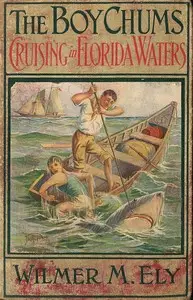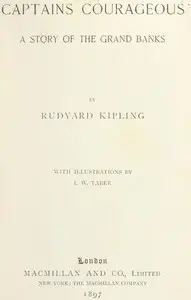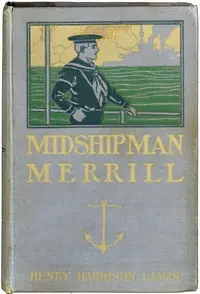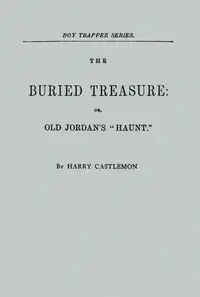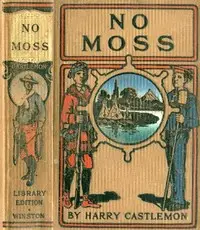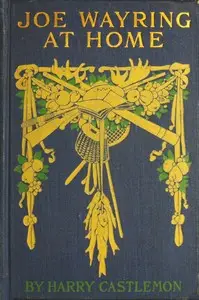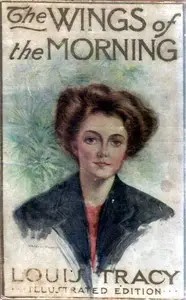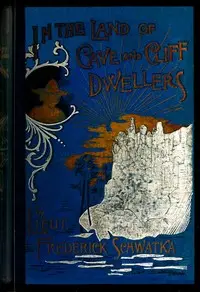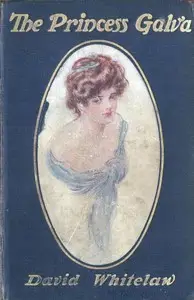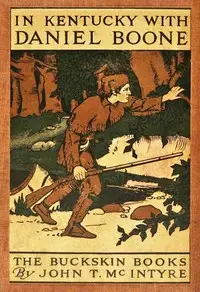"Go-Ahead; Or, The Fisher-Boy's Motto" by Harry Castlemon follows a young fisherman named Bob Jennings who is struggling to make a living and dreams of becoming a ship captain. Bob's determination is tested when a bully sabotages his boat, and he must find a way to overcome this setback and obtain a new one to keep pursuing his goals. Despite facing challenges and financial troubles, Bob’s unwavering spirit and motto, "Go Ahead," guide him through a series of adventures where he learns valuable lessons about honesty and hard work. The story emphasizes Bob's resilience as he strives to improve his life and never give up on his aspirations, even in the face of repeated failures.
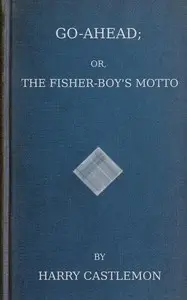
Go-Ahead; Or, The Fisher-Boy's Motto
By Harry Castlemon
A young fisherman's dreams are threatened by adversity, pushing him to prove that determination and hard work can overcome any obstacle.
Summary
About the AuthorCharles Austin Fosdick, better known by his nom de plume Harry Castlemon, was a prolific writer of juvenile stories and novels, intended mainly for boys. He was born in Randolph, New York, and received a high school diploma from Central High School in Buffalo, New York. He served in the Union Navy from 1862 to 1865, during the American Civil War, acting as the receiver and superintendent of coal for the Mississippi River Squadron. Fosdick had begun to write as a teenager, and drew on his experiences serving in the Navy in such early novels as Frank on a Gunboat (1864) and Frank on the Lower Mississippi (1867). He soon became the most-read author for boys in the post-Civil War era, the golden age of children's literature.
Charles Austin Fosdick, better known by his nom de plume Harry Castlemon, was a prolific writer of juvenile stories and novels, intended mainly for boys. He was born in Randolph, New York, and received a high school diploma from Central High School in Buffalo, New York. He served in the Union Navy from 1862 to 1865, during the American Civil War, acting as the receiver and superintendent of coal for the Mississippi River Squadron. Fosdick had begun to write as a teenager, and drew on his experiences serving in the Navy in such early novels as Frank on a Gunboat (1864) and Frank on the Lower Mississippi (1867). He soon became the most-read author for boys in the post-Civil War era, the golden age of children's literature.

